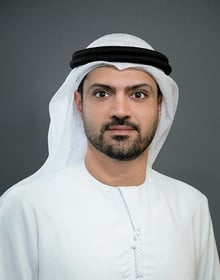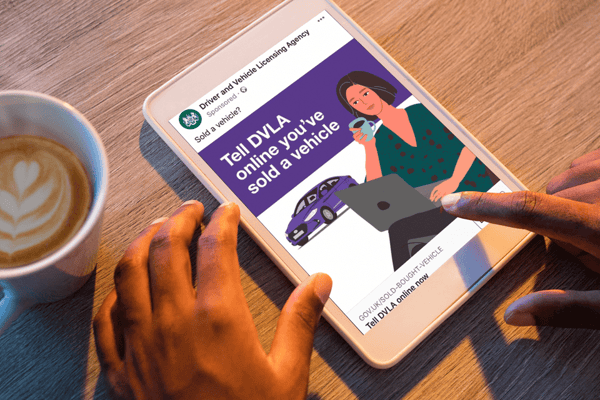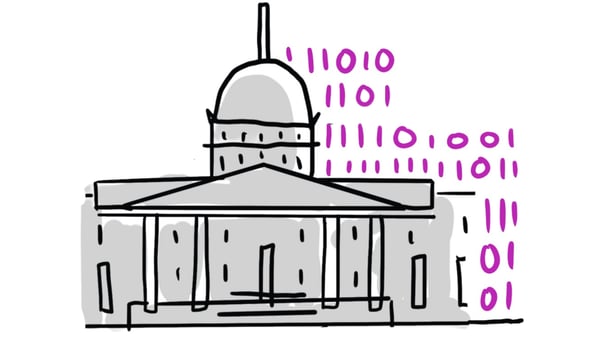Interview: UAE Chief of Government Services
The digitisation of government services has been a priority of the UAE for more than a decade, according to Mohammed Bin Taliah, Chief of Government Services of the United Arab Emirates (UAE) Government.
“What we mean by digital first is to design [services] in a way that makes the digital experience for customers simple and seamless, reducing the number of steps and increasing the speed of the journey of completing a service on a digital platform,” Bin Taliah tells Government Transformation.
The UAE was placed 10th in the latest World Digital Competitiveness Ranking by the Swiss-based Institute for Management Development and is also among the leaders in the adoption of digital government services.
The Government intends that citizens, residents and visitors “have the utmost convenience” when engaging with the administration.
Over the years, Bin Taliah and his team have been re-designing and re-engineering government services to be digital friendly so they can be used on mobile devices with the minimum number of touch points between the user and government.
The design of public services in the UAE considers the life events of residents and citizens, such as finding a job or having children, to ensure that they only deal with government when they need to, continues Bin Taliah: “We reduce the noise as much as possible for our customers, and they only see the services that they need.”
In addition, the UAE administration is now applying what Bin Taliah calls “proactive services”, by which the government actively pushes a service known to be needed or requested by an individual instead of waiting for them to apply for it.
“We just get the consent from them [customers] that says ‘yes, please proceed with completing the service for me’, and we will do it on their behalf,” Bin Taliah says. “This is part of the effort that the UAE government is taking right now to ensure that we have a frictionless customer experience across the board.”
Service accessibility
Ensuring that digital services are accessible and inclusive is a crucial component of the government’s roadmap and service design, according to Bin Taliah. To achieve this, Government Services has created a programme called the Customer Council where teams responsible for designing services sit with customers representing different personas to understand their digital services needs and requirements.
This includes incorporating accessibility tools to support disabled people accessing digital channels or offering services in additional languages to the official Arabic.
In a country with a big expatriate population (of the almost 10 million inhabitants of the UAE, 89% are foreigners), multilingualism offering is an important accessibility requirement.
Government Services has also set the alternative of “human assisted digital services” where people can seek help to access digital services via video calls with a customer services representative. There is also a call centre option for those individuals who do not have access to digital devices.
Bin Taliah adds: “We offer this suite of different channels to ensure that our customers can reach our services in the way that they feel more convenient for them.”
Digital ID
The UAE has a national digital identity system, the UAE Pass, that allows citizens and residents to identify themselves to access online public services. This single digital identity system works across both local and federal governments. Underpinning the data interoperability between the seven emirates of the UAE is technology, which Bin Taliah says “has made this very much easy and possible”.
At a local level, the emirates use service integration buses that enable integration between government entities and allow the government to share information securely with users when applying for a government service or receiving information.
To make the best use of technology, the UAE government is focused on ensuring that they have access to the right resources and talent that can support them in developing their digital platforms, including working with international partners and reskilling the population.
Bin Taliah says: “We also have programmes in the UAE right now to upskill our youth and our technical workforce to be able to programme and code with new programming languages that can support our journey towards digitising government services.”






